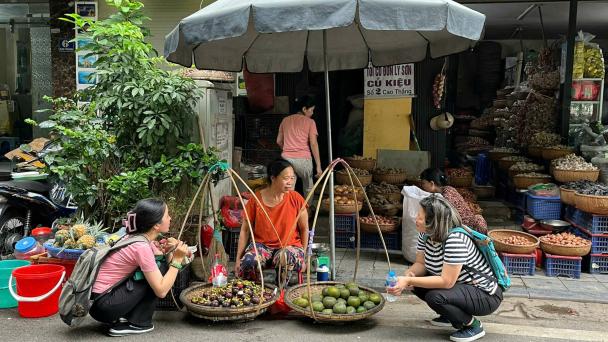Intersectional vulnerabilities and climate-related health risks among informal outdoor workers in urban Vietnam

Calls for a global reset and a strengthening of global solidarity to address the socioeconomic and health costs of COVID-19 continue to be sounded. Nevertheless, the stark realities of vaccine inequity and the severe and unequal societal and economic impacts of the pandemic in different parts of the world, especially for marginalized groups, paint a grim picture of global discord and disharmony. This manifests itself in the persistent global economic and health inequalities, ineffective policies and sometimes divisive programming by international actors, as well as toxic hyper-nationalism.
What is the truth behind the discourse on global solidarity? And to what extent does it connect with local realities and experiences? Moreover, what is the future of global solidarity post-COVID-19? This panel discussion addresses those questions by reflecting on the political economy of global solidarity in the age of COVID-19 and the nature and level of systemic change that is needed to support the development of resilient and more equal societies.
Receive a regular update, sent directly to your inbox, with a summary of our current events, research, blogs and comment.
Subscribe